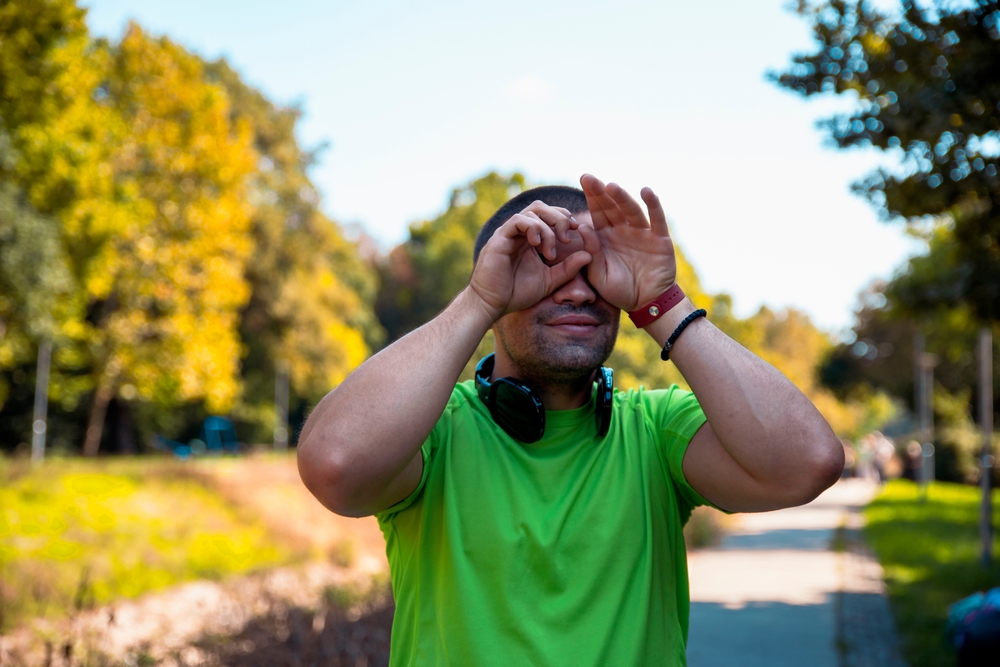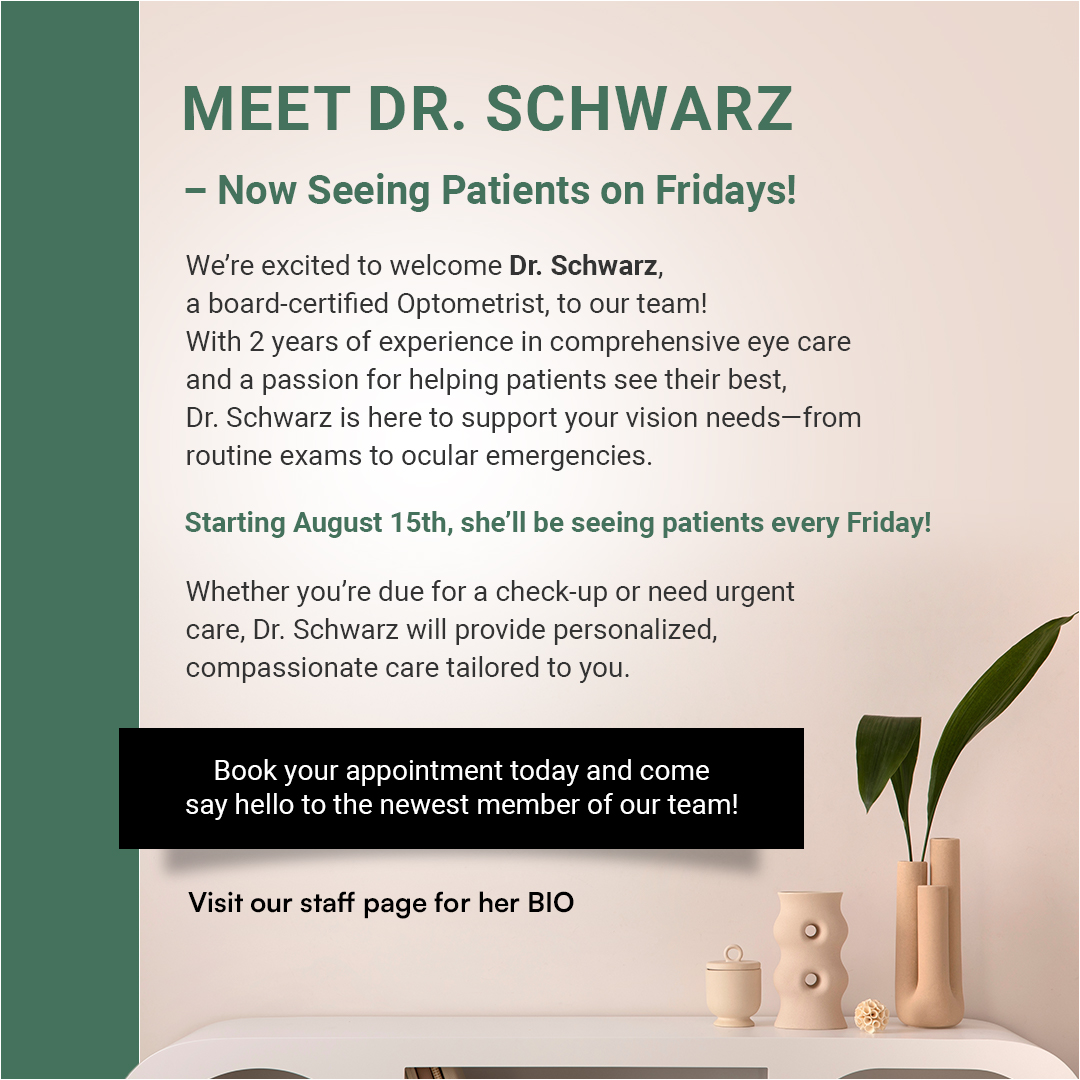
Allergies affect more than just your nose and throat; they often cause eye discomfort, too. Many people experience itchy, watery eyes that disrupt daily life. These symptoms can be frustrating, making it hard to focus or enjoy simple tasks. You can then find ways to soothe the irritation and protect your vision.
The Impact of Allergies on Your Eyes
Allergic reactions trigger your immune system to react to harmless substances. This response causes several effects on your eyes, including:
Itching — Your eyes may feel constantly itchy, making it tempting to rub them. Rubbing can worsen irritation, so it is best to resist.
Redness — Blood vessels in your eyes enlarge, giving a red or pink appearance. This makes your eyes look inflamed and tired.
Light sensitivity — Individuals with allergic eyes become more sensitive to bright light, making outdoor activities challenging.
Watering — Allergies cause excess tear production to flush out irritants. While this helps clear allergens, it also leads to watery eyes.
Swelling — Eyelids and tissues around your eyes may puff up, making them look swollen and uncomfortable.
Burning or stinging — A burning sensation develops, causing your eyes to feel sore or raw.
These symptoms often worsen during specific seasons or after exposure to triggers such as pollen or pet dander. The discomfort can affect your work, sleep, and mood.
Methods to Soothe Itchy, Watery Eyes
Managing eye allergies involves calming inflammation and protecting your eyes from irritants. Here are practical steps you can take:
Cold compresses — Place a clean, damp cloth cooled in the fridge over your closed eyes. The cold reduces swelling and calms itchiness.
Artificial tears — Over-the-counter lubricating eye drops rinse allergens and soothe dryness. Using them regularly can help maintain moisture.
Avoid rubbing — It may feel relieving at first, but rubbing releases more allergy chemicals. Try gentle blinking instead.
Keep windows closed — During high pollen seasons, closing windows helps reduce the number of allergens entering your home.
Use air purifiers — These devices help filter dust and pollen from indoor air, lowering exposure.
Wash hands and face — Immediately after outdoor activities, wash to remove pollen and dust. This prevents transferring allergens to your eyes.
Wear sunglasses — When outside, sunglasses shield your eyes from airborne allergens and bright sunlight.
Consistency with these habits improves comfort and helps prevent flare-ups. You may notice your eyes feel less irritated over time.
Over-the-Counter Treatments and Their Use
If your symptoms do not improve with home care, some eye drops may provide additional relief. Artificial tears keep your eyes moist and flush out irritants. Antihistamine eye drops block the chemicals that cause itchiness and redness.
Read labels carefully and use drops as directed. Avoid using “redness relief” drops frequently; they can worsen redness after stopping use. If you wear contact lenses, confirm drops are safe for them.
When to See a Doctor
If your symptoms persist for longer than a week or worsen, consult an eye doctor. You might need prescription eye drops to control severe allergies. Sometimes, allergic conjunctivitis requires stronger medications.
Early medical help can prevent complications and improve your eye health.
For more on the impact of allergies on your eyes, visit Darien Eye Care at our Darien, Connecticut, office. Call (203) 309-5155 to schedule an appointment today.





